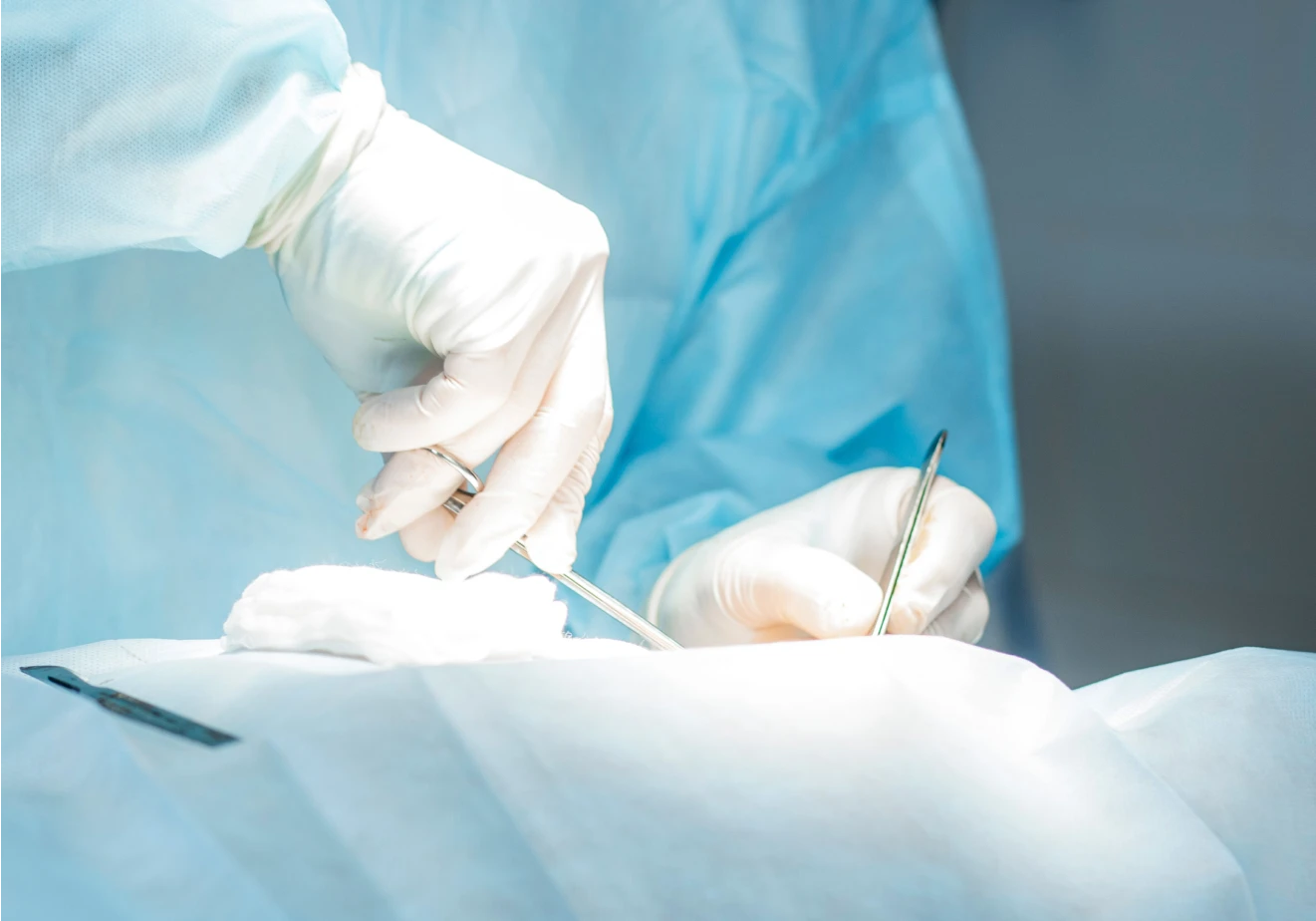300 S. 8th Street, Suite 401E Murray, KY 42071
(270) 753-2444
(800) 811-0251
General Surgery at WKS
General surgery, despite its name, is a surgical specialty that focuses on abdominal organs, e.g., intestines including esophagus, stomach, small bowel, colon, liver, pancreas, gallbladder, bile ducts, and often the thyroid gland. They also deal with diseases involving the skin, breast, and hernias. These surgeons deal mainly in the torso.
Trauma Surgery
In the United States and Canada, the overall responsibility for trauma care falls under the auspices of general surgery. Some general surgeons obtain advanced training and specialty certification in this field alone. General surgeons must be able to deal initially with almost any surgical emergency. Often they are the first port of call to critically ill or gravely injured patients, and must perform a variety of procedures to stabilize such patients, such as intubation, burr hole, cricothyroidotomy, and emergency laparotomy or thoracotomy to stanch bleeding.
All general surgeons are trained in emergency surgery. Bleeding, infections, bowel obstructions and organ perforations are the main problems they deal with. Cholecystectomy, the surgical removal of the gallbladder, is one of the most common surgical procedures done worldwide. This is most often done electively, but the gallbladder can become acutely inflamed and require an emergency operation. Ruptures of the appendix and small bowel obstructions are other common emergencies.
Laparoscopic Surgery
A specialty dealing with minimal access techniques using cameras and small instruments inserted through 0.5 to 1 cm incisions. Robotic surgery is now evolving from this concept. Gallbladders, appendices, and colons can all be removed with this technique. Hernias are now repaired mostly laparoscopically. Most bariatric surgery is performed laparoscopically. General surgeons that are trained today are expected to be proficient in laparoscopic procedures.
Colorectal Surgery
General surgeons treat a wide variety of colon and rectal diseases ranging from inflammatory bowel diseases (such as ulcerative colitis or Crohn’s disease) to diverticulitis, gastrointestinal bleeding, hemorrhoids, etc.
Breast Surgery
General surgeons perform a majority of all non-cosmetic breast surgery from lumpectomy to mastectomy especially pertaining to the evaluation and diagnosis, of breast cancer.
Dermatological Surgery
General Surgeons perform a wide variety of skin-related surgeries ranging from removing suspicious moles to treating major burns. General surgeons also remove tumors that often grow just below the skin such as fatty tumors or tumors that arise in muscles or other soft tissues. General surgeons also treat more complex skin or subcutaneous infections including necrotizing fasciitis and will often employ skin grafts to cover defects in the skin resulting from burns, trauma, or infections.

